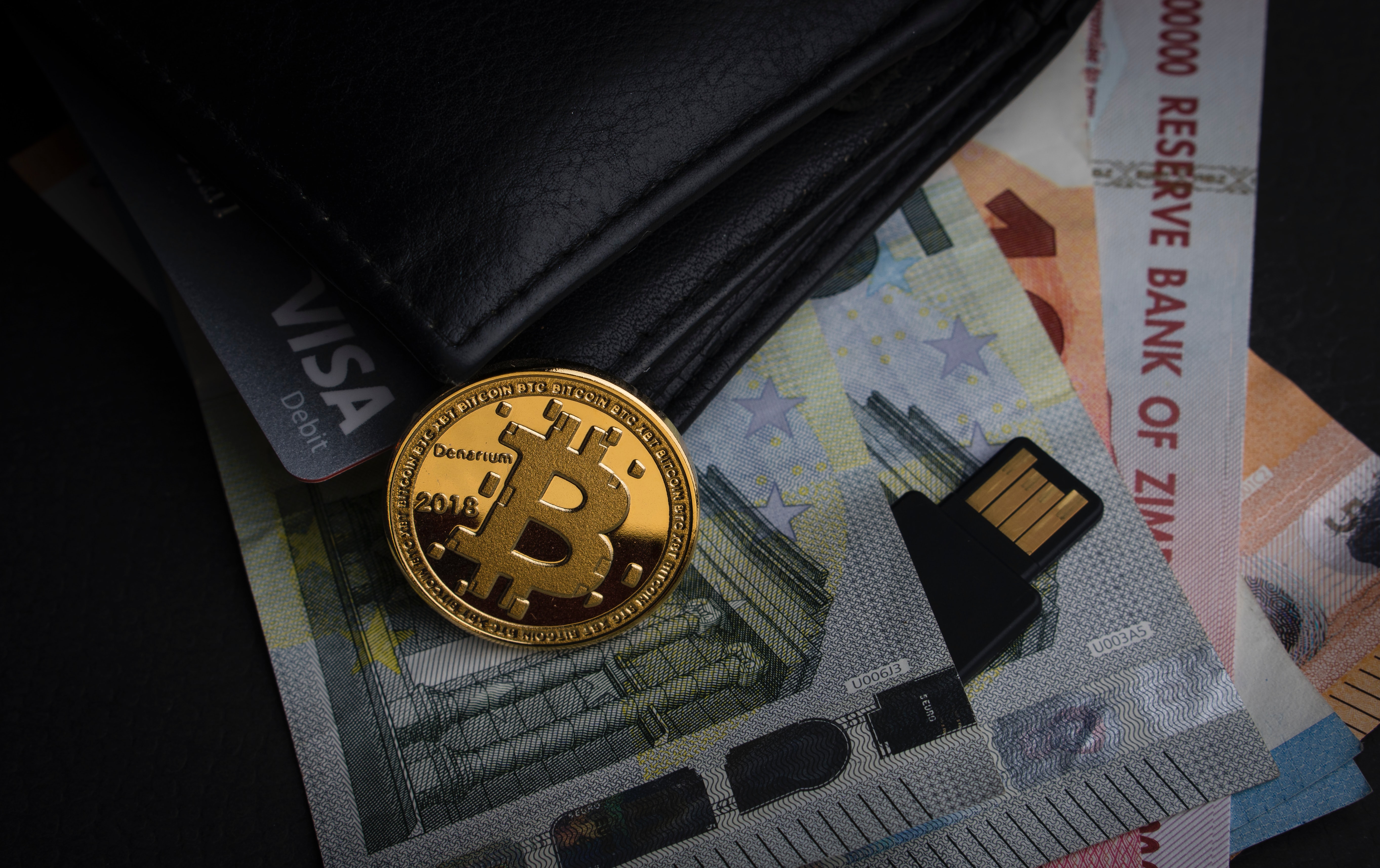
How Decentralized is Bitcoin?
(MENAFN- CCP Marketing)
Bitcoin has gained immense popularity and acceptance worldwide mainly because it promises users fully decentralized and low-cost financial transactions. While decentralization is a common subject in cryptocurrency, many people do not understand it. The following article defines the meaning of Bitcoin’s decentralized network and how it operates in transactions.
What is Decentralization?
Decentralization transfers control and decision-making from a central authority, organization, or body to a distributed network. Decentralized systems strive to reduce the level of trust between parties, deterring their ability to exert power or control over each other during transactions. In Bitcoin’s case, decentralization eliminates third parties or intermediaries from involvement in financial transactions.
That is different from the traditional financial systems that usually involve intermediaries in financial transactions. Bitcoin is a peer-to-peer currency, facilitating transactions between two parties without an intermediary. That ensures better trust between the involved entities since it gives neither of them the authority to control or influence transactions.
Bitcoin’s decentralization means even crypto exchanges such as Bitcoin Storm cannot control or have authority over transactions. Instead, Bitcoin uses blockchain technology to verify and validate users’ data and transaction records on a shared digital ledger. The data is readily accessible to all Bitcoin users on the network.
Non-users cannot access the information since blockchain uses encryptions to validate the data in blocks. The network will automatically reject any ledger copy with inconsistencies, making it impossible for anyone to compromise the data.
Features of a Decentralized System
Various features distinguish a decentralized system from a centralized or distributed network.
They include:
- No individual or authority owns the resources in a decentralized system. Instead, all the network members have shared ownership. Individual Bitcoin users own the tokens while miners generate new tokens and verify transactions for rewards.
- Unlike distributed or centralized systems where only one entity has a record of the transactions, each network member has identical copies of transactions in a decentralized system. Bitcoin’s network has thousands of nodes (computers), each holding a copy of the public ledger, making it impossible for anyone to manipulate the transactional data.
Benefits of a Decentralized Financial System
Decentralization is one of the reasons many people choose Bitcoin over fiat currencies. Here are the main benefits of a decentralized financial system that you can achieve with Bitcoin.
Transparency and Accountability
In a decentralized financial system, you do not have to know or trust anyone to transact with them. That is because every user on the network has an identical copy of the ledger. The record is permanent and irreversible, making it impossible for any user to manipulate the data. Bitcoin’s public ledger makes it much easier for users to keep track of all their transactions without relying on any third party.
Lower Transaction Costs
A decentralized financial system also significantly reduces the cost of transactions. One of the reasons is because the transactions do not involve third parties. Besides, all Bitcoin transactions occur digitally on the blockchain, allowing users to avoid the enormous fees levied by banks and money processors. Many crypto exchange platforms usually charge a 1% transaction fee. That is relatively lower than the fee levied on bank and credit card money transfers.
Enhanced Security
Decentralization also reduces the points of weakness in systems because it does not rely on specific actors. Those loopholes could impact systemic failures, such as the failure to deliver promised services or periodic outages. Bitcoin’s decentralized network optimizes resource distribution, ensuring the delivery of services with better performance and consistency.
Overall, Bitcoin’s decentralization means no central authority or individual can control or influence its transactions. And this enables users to transfer and receive funds worldwide without being subjected to government or institutional regulations. Besides, Bitcoin users can also transact anonymously.
MENAFN15112021006171013398ID1103172075
CCP Marketing
Legal Disclaimer:
MENAFN provides the
information “as is” without warranty of any kind. We do not accept
any responsibility or liability for the accuracy, content, images,
videos, licenses, completeness, legality, or reliability of the information
contained in this article. If you have any complaints or copyright
issues related to this article, kindly contact the provider above.


















Comments
No comment